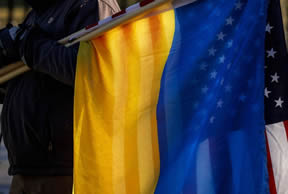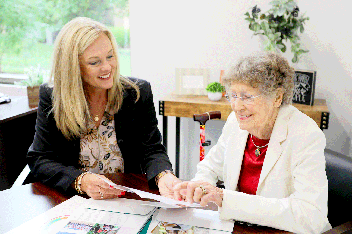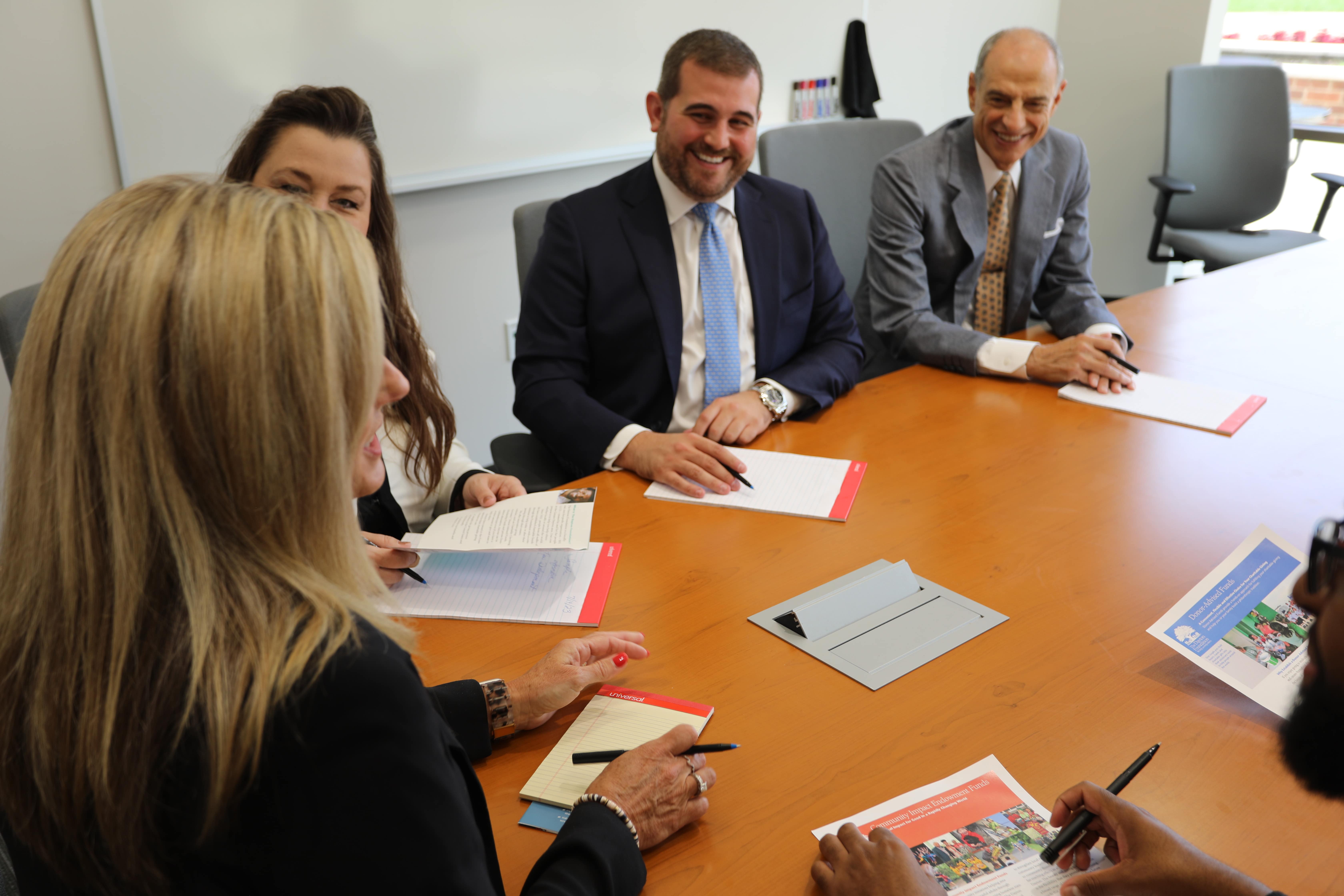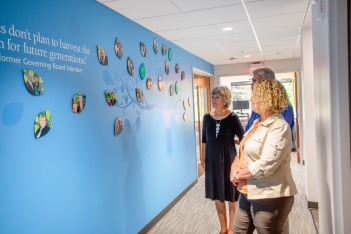
Many of your clients who are charitably inclined may be asking for assistance in making a charitable donation to aid those affected by Russia’s recent invasion of Ukraine. Your guidance in situations like these is critical, as your clients want to make sure that they are giving to reputable and service-driven organizations that are assisting individuals and families left in the wake of a crisis or tragedy.
Counseling your clients on how to give safely and smartly is particularly important in these times, as the uptick of scammers and schemers runs rampant. You may advise your clients to use Guidestar as a resource, which allows them to look up the organization and make sure it is legitimate. You also can recommend they check out The Dayton Foundation’s Lend a Helping Hand page for a listing of organizations that have been vetted by The Dayton Foundation. This resource page is promptly updated following natural disasters, tragedies or world events for which individuals may want to make charitable donations. Another way to give safely is to establish a Charitable Checking Account℠ through The Dayton Foundation. This free service vets charities and ensures your clients’ dollars are directed to the charity of their choosing, and not to a fraudulent organization.
Other ways you can help your clients to ensure their charitable dollars go to legitimate organizations is to encourage them to be leery of telemarketers. Advise them NEVER to give their credit card number over the phone or any other personally identifiable information. If making a donation on a social media site, verify its legitimacy and make sure the site is secure before donating.
It is important to realize that recovery from a disaster or crisis is more like a marathon than a sprint. Recovery takes a lot of time, volunteers and government support to turn things around and restore them to the way they were before the tragic event. For those clients who aren’t sure how best to help, ask them to consider making a discretionary grant to a legitimate nonprofit organization serving in the disaster area. Discretionary grants give the organization flexibility to determine where the greatest need may be, whether it is short-or long-term needs. Short-term needs may include food, water, power systems, shelter, etc. Long-term needs may include infrastructure, counseling, jobs and more. By supporting a well-operated charity with “boots on the ground” in the affected community, your clients can better leverage their charitable dollars.
Please note: The Dayton Foundation does not practice law or offer financial or tax advice. The Foundation recommends that people considering establishing funds or legacies through the Foundation consult their financial, tax or legal advisor.








